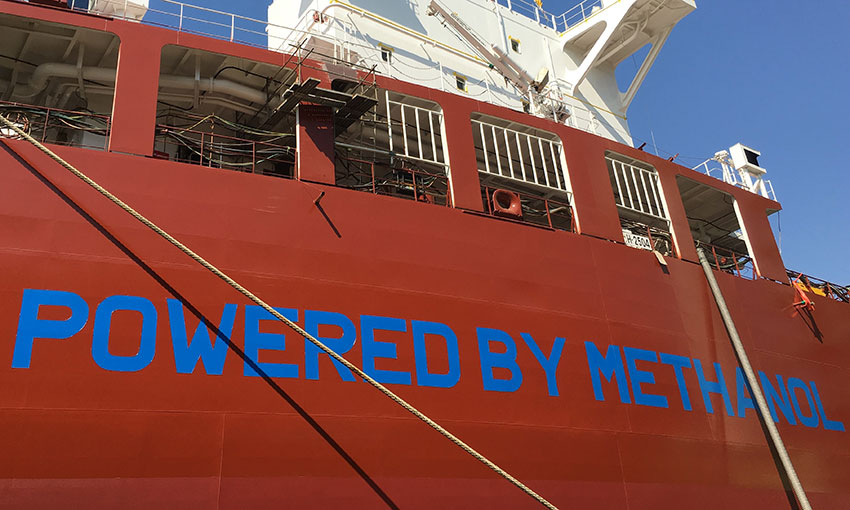THE METHANOL Institute has welcomed multi-disciplinary methanol consultancy Green Marine as a new member.
The Denmark-headquartered company has recently finalised a specialist training program for crews onboard methanol dual-fuel vessels, supplementing baseline regulatory training requirements with practical, experience-based learning.
According to the Methanol Institute, the scale of the crew training challenge presented by the fuels required for decarbonisation is at least as great as the technology hurdles the industry faces.
A report commissioned by the Maritime Just Transition Task Force Secretariat, published in November 2022, predicts a rise in the number of seafarers needing training on alternative fuel technologies in the 2040s to between 310,000 and 750,000 people.
The Methanol Institute said Green Marine’s Asia team is participating in the development of rules and standards for methanol bunkering in Singapore, including taking part in a panel of experts to establish policy and training.
Green Marine said it created its crew training program based on practical knowledge gathered over a decade of experience working on methanol dual-fuel vessels with services from design consultancy to newbuilding construction supervision, technical management and operations.
Green Marine developed the curriculum, which can be delivered onboard, in a classroom or online, to address the knowledge gaps between theoretical regulation and practical experience in the use of methanol as marine fuel.
Methanol Institute CEO Gregory Dolan said Green Marine’s team members had played a significant role in the evolution of methanol as a marine fuel – and in particular bunkering and onboard handling – since its earliest days.
“We are very happy to have Green Marine as a member and we look forward to working together in future to share its operational expertise and practical knowledge as the industry continues its transition to cleaner operations,” Mr Dolan said.
Green Marine CEO Morten Jacobsen said the organisation’s methanol specialists are masters and chief engineers with first-hand knowledge of methanol as a marine fuel.
“Theoretical knowledge is little use in real life situations when you need to know what to do; we bridge that gap and provide practical knowledge to support crews in adopting this methanol dual fuel technology,” he said.





